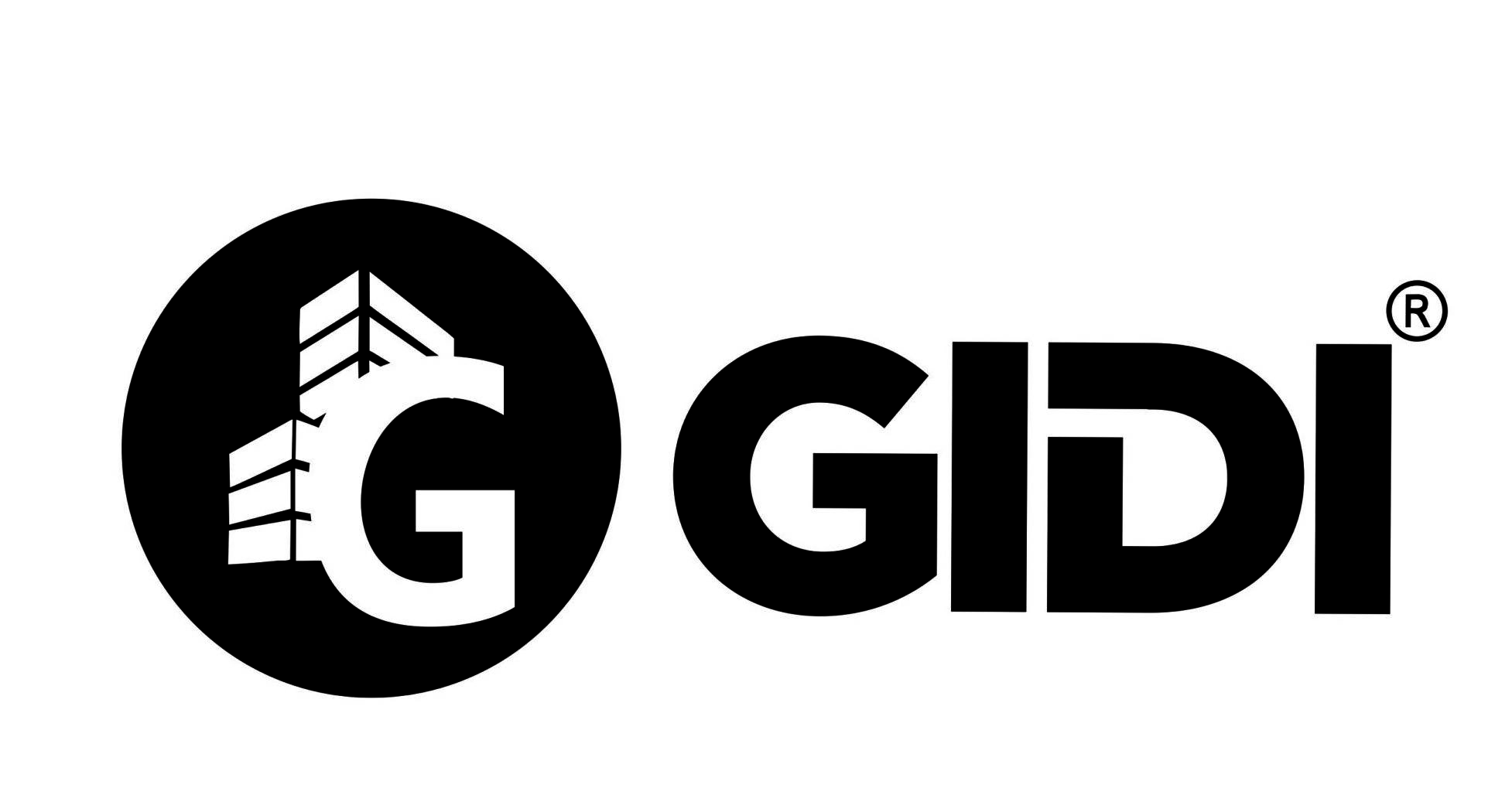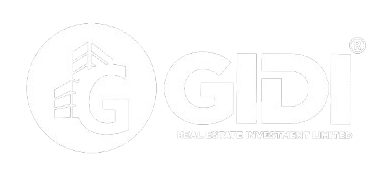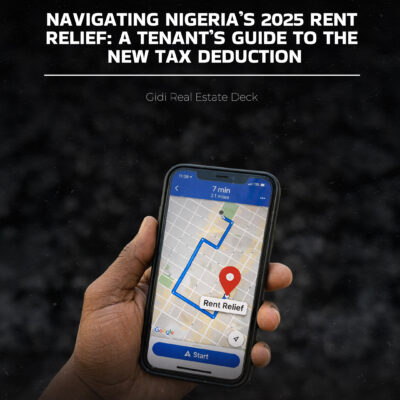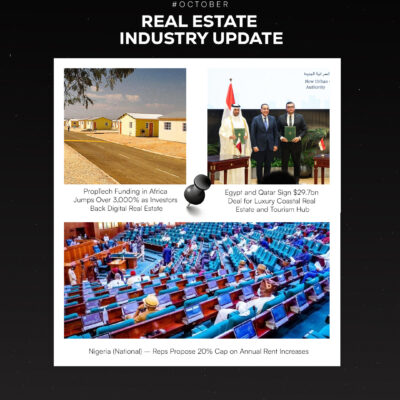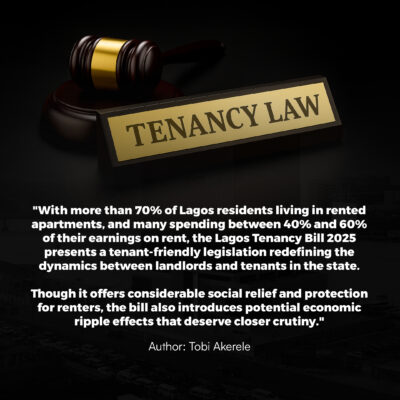Following the recent GDP rebasing of Nigeria’s economy, the real estate sector has surged to become the nation’s third-largest economic contributor, only behind crop production and trade in its GDP rankings, having increased from ₦10.5 trillion in 2023 to ₦41.3 trillion in 2024. Lagos, Nigeria’s commercial capital, accounts for much of this growth.
Despite this milestone, the sector’s structural weaknesses and limitations remain glaring. They include infrastructure deficits, housing affordability, financing, and regulatory gaps, which present significant challenges. Consequently, stakeholders, particularly government stakeholders, of which the Lagos state government is a part, have intensified efforts to sanitize, standardize, and structure the market.
The aim is to create a transparent, investor-friendly, and sustainable environment that can support long-term growth. Yet, this calls for a delicate balance between intervention and the preservation of market autonomy.
Putting the problems in context, Nigeria faces a housing shortfall exceeding 20 million units. In Lagos alone, the deficit is estimated at over 3 million units. This has created a severe affordability crisis, where rents have risen by over 100% in just four years while income has remained largely stagnant.
Urban growth in Lagos has outpaced development, resulting in slums, poor land management, and a shortage of public services. Infrastructure such as roads, drainage, water supply, and electricity has failed to keep up with the scale of urban expansion. This has led to rising development costs and an erosion of the quality of life for residents.
For years, the real estate market has operated informally, allowing quack agents and developers to thrive. This has eroded investor confidence and increased the prevalence of fraud, substandard buildings, and land disputes. The lack of regulation and oversight has encouraged speculative activity and left many buyers and renters vulnerable to exploitation.
Mortgage lending in Nigeria is still less than 1% of GDP. High interest rates, poor credit infrastructure, and cumbersome loan application processes have made home financing inaccessible to most Nigerians. Even the National Housing Fund has struggled to deliver promised outcomes. This inability to finance housing development has slowed supply and worsened the housing crisis.
These systemic limitations have necessitated a stronger regulatory response, but one that avoids excessive interference in market dynamics.
Efforts to sanitize the market have gained momentum across several fronts. In Lagos, the establishment of the Lagos State Real Estate Regulatory Authority (LASRERA) has marked a significant shift. LASRERA has made licensing compulsory, mediated over 1,000 complaints, and cracked down on fraudulent players.
Its approach reflects a model of government acting as a regulator, a protector, and an enabler, creating safeguards while allowing legitimate businesses to flourish.
Nationwide, there are discussions around the introduction of a Real Estate Regulatory Authority (RERA), following models seen in more advanced markets such as the UAE and India. These structures institutionalize consumer protection and enforce standards, ensuring developers and agents operate with integrity and within the law.
The Lagos State government has also taken bold steps in regulating tenancy arrangements. It has condemned arbitrary rent hikes and initiated reforms to strengthen tenant rights and prevent exploitation. In parallel, the review of tenancy laws aims to address imbalances in landlord-tenant relationships by introducing provisions like security deposits and rent payment ceilings.
Improving transparency has also become a central pillar of reform. Authorities are digitizing land registries, streamlining title verification processes, and building accessible property databases to correct long-standing information asymmetries. These efforts are designed to reduce fraud, empower consumers, and foster investor trust.
The financial architecture supporting the real estate sector is also being enhanced. The Federal Mortgage Bank of Nigeria (FMBN) has increased loan approvals, and new products such as diaspora mortgages and off-taker guarantees are gradually expanding housing access. These interventions reflect a government that is not only regulating the industry but enabling it to thrive.
It is noteworthy that market forces have fueled much of the sector’s rise. Urbanization, entrepreneurial energy, and growing middle-class demand have driven private innovation and investment. Real estate value is projected to surpass $2.6 trillion by 2025, and growth is estimated at 7% annually thereafter.
However, unchecked market activity has led to skewed development, often prioritizing high-end projects while neglecting affordable housing. Land fraud, weak tenant protections, and speculative pricing have also flourished in regulatory vacuums.
The 1978 Land Use Act remains a case in point. Intended to streamline land administration, it centralized control in the hands of state governors, resulting in bureaucratic bottlenecks and restricted land commodification. This limits property rights, discourages investment, and perpetuates informality.
The path forward lies in harmonizing state control with market dynamism. The government must take its place not just as a regulator but as an enabler, establishing rules, enforcing standards, and facilitating an environment where ethical competition and innovation can thrive. To do so, it must empower regulatory agencies like LASRERA with autonomy and the necessary enforcement mechanisms to uphold integrity within the sector.
Reforming obsolete frameworks such as the Land Use Act is also essential to unlocking access to land, easing bureaucratic bottlenecks, and protecting property rights. Expanding affordable housing through public-private partnerships and crafting incentive-based policies will catalyze much-needed supply across housing segments.
Furthermore, improving access to finance through deeper mortgage penetration and simplifying the land titling process will provide the liquidity and security the sector needs to scale. Simultaneously, it is critical that market competition remains vibrant, particularly in areas of innovation, service delivery, and pricing mechanisms.
Developers and agents must be allowed to operate with entrepreneurial freedom, but within a system that encourages transparency and accountability. Professional bodies such as the Nigerian Institution of Estate Surveyors and Valuers (NIESV), the Real Estate Developers Association of Nigeria (REDAN), and the Association of Estate Agents in Nigeria (AEAN) should be strengthened to uphold ethical standards through industry self-regulation.
When both arms, state oversight and market forces, are effectively aligned, Nigeria’s real estate market can transition from an ambitious, high-potential industry into a sustainable, equitable, and globally competitive sector.
Nigeria’s real estate sector now stands as one of the country’s leading economic drivers. But its sustainability will depend on balancing the visible hand of regulation with the invisible hand of the market. Regulation should protect and empower; the market should compete and innovate. Lagos must lead this charge toward equilibrium.
Author: Ayorinde Ejioye
Chief Operating Officer,
Gidi Real Estate Investment Limited
